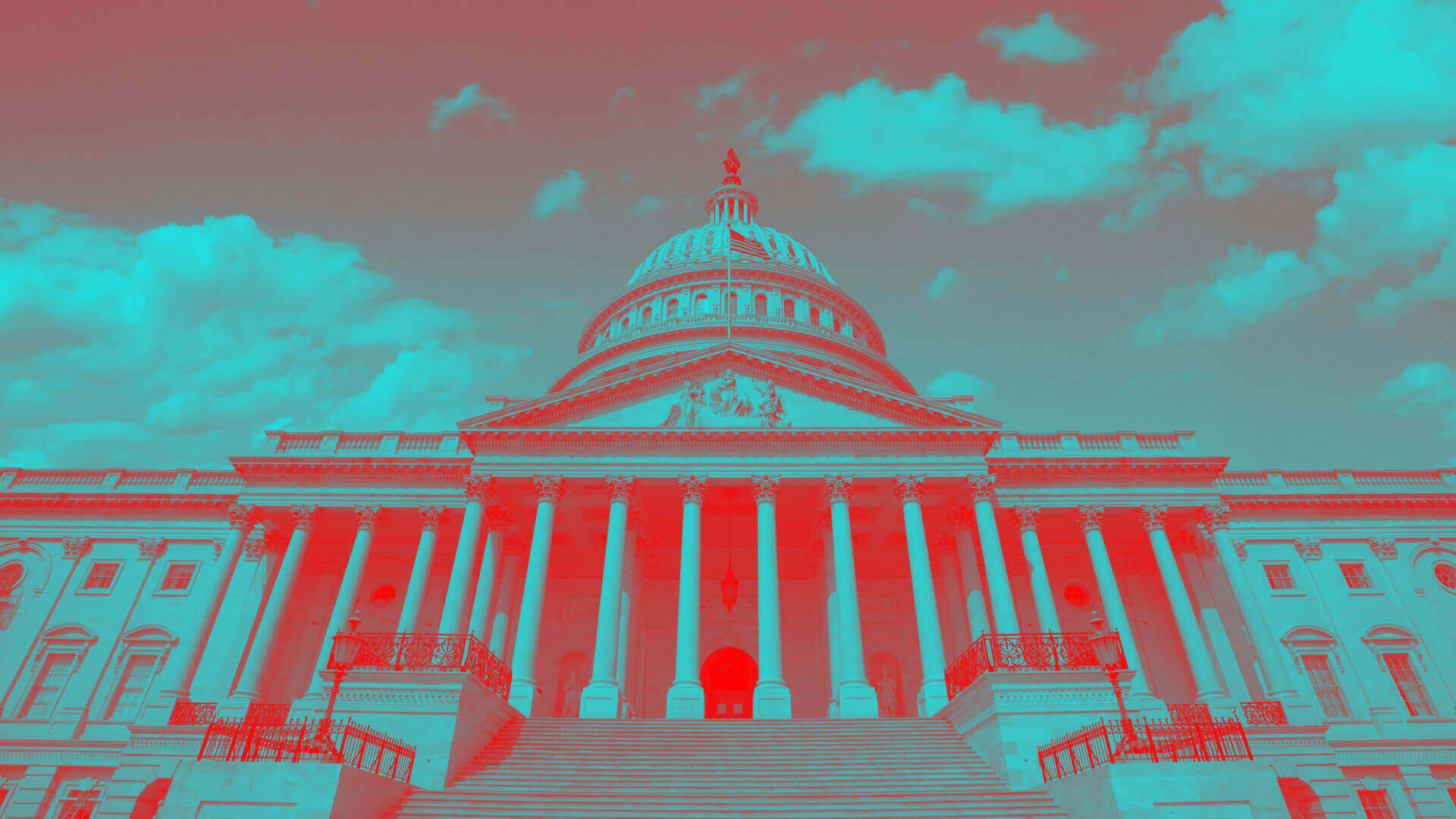Why it matters: A 1996 US law that underpins much of how the internet works today faced its latest challenge in the Supreme Court this week. Lawmakers and big tech executives have wrestled with the idea of repealing or rewriting it, and a lawyer representing Google has expressed the latest strong warning on the topic.
The US Supreme Court heard oral arguments Tuesday on a case that could have major ramifications for how the internet works. A Google lawyer warned that if the company loses the case, the internet could become very different and much worse off.
The case, Gonzalez vs Google, is set to determine whether YouTube violates the federal Anti-Terrorism Act whenever its algorithm recommends its users videos from the terrorist group ISIS, broadening the group's message. It was brought on by the family of Nohemi Gonzalez, an American student killed in a 2015 ISIS attack in Paris.
At the heart of the issue is Section 230 of the 1996 Communications Decency Act, which says internet platforms aren't liable for the content their users publish. The legislation has come under intense scrutiny over the last few years, as many say it allows hateful and defamatory content to spread through social media.
Lawmakers have pushed to repeal Section 230, while tech leaders like Mark Zuckerberg prefer it to be rewritten or amended. Defenders of the legislation claim that it's impossible for platforms to effectively monitor every piece of content users create that someone could see as offensive or dangerous.
Google's attorney Lisa Blatt claimed the internet would become unrecognizable without Section 230 because platforms would be forced to either tightly filter all published content or filter nothing at all, turning it into a "horror show." The law protects sites from lawsuits for both publishing and removing content.
Blatt admits that big companies like Google could weather such a drastic shift, but warns that smaller sites couldn't. She also said the early internet would have never succeeded if every platform could be sued for user-generated content.
However, Gonzalez family attorney Eric Schnapper claims this case doesn't fall under Section 230 because it concerns the YouTube algorithm that recommends ISIS videos, not the users who post them. Despite that distinction, algorithms are integral to how many of today's platforms operate.
The court justices acknowledged the importance of the case but also admitted their confusion regarding the subject. Justice Elana Kagan said the nine justices aren't the top nine experts on the internet. Justice Brett Kavanaugh suggested that Congress, which wrote Section 230, should be the body that changes or repeals it. It's possible that an opinion on the law might not emerge from this case.
